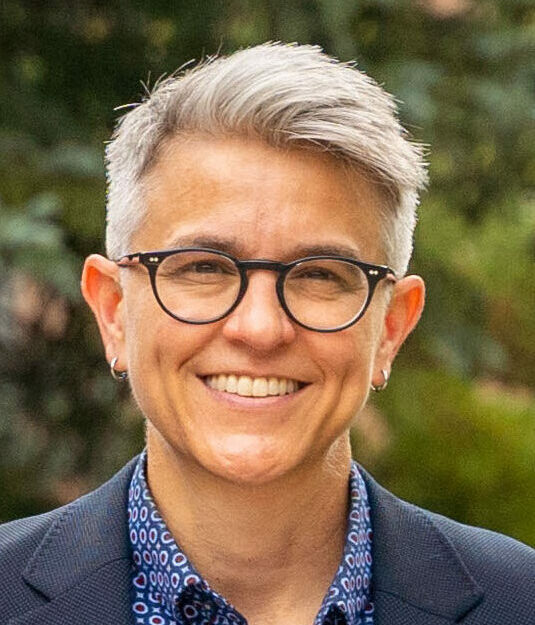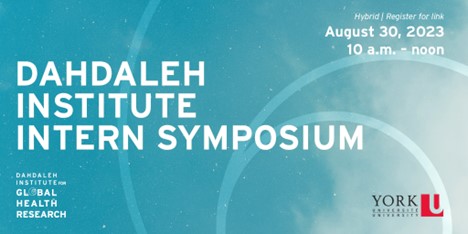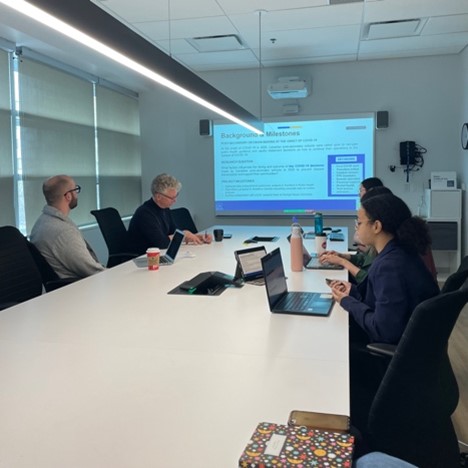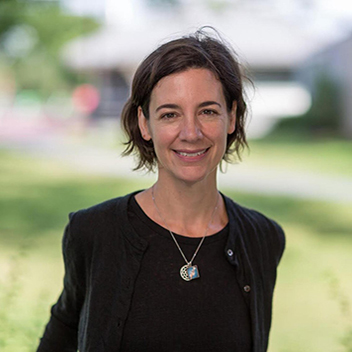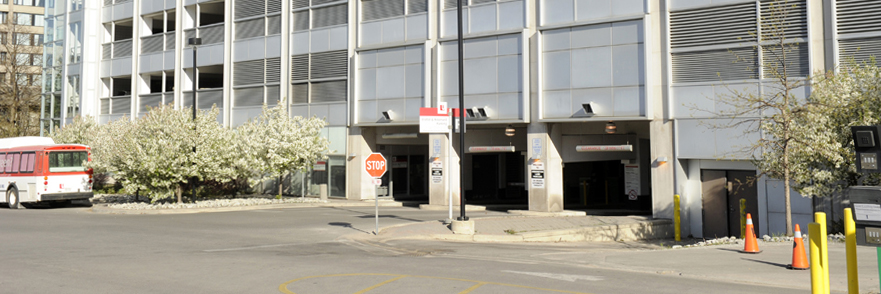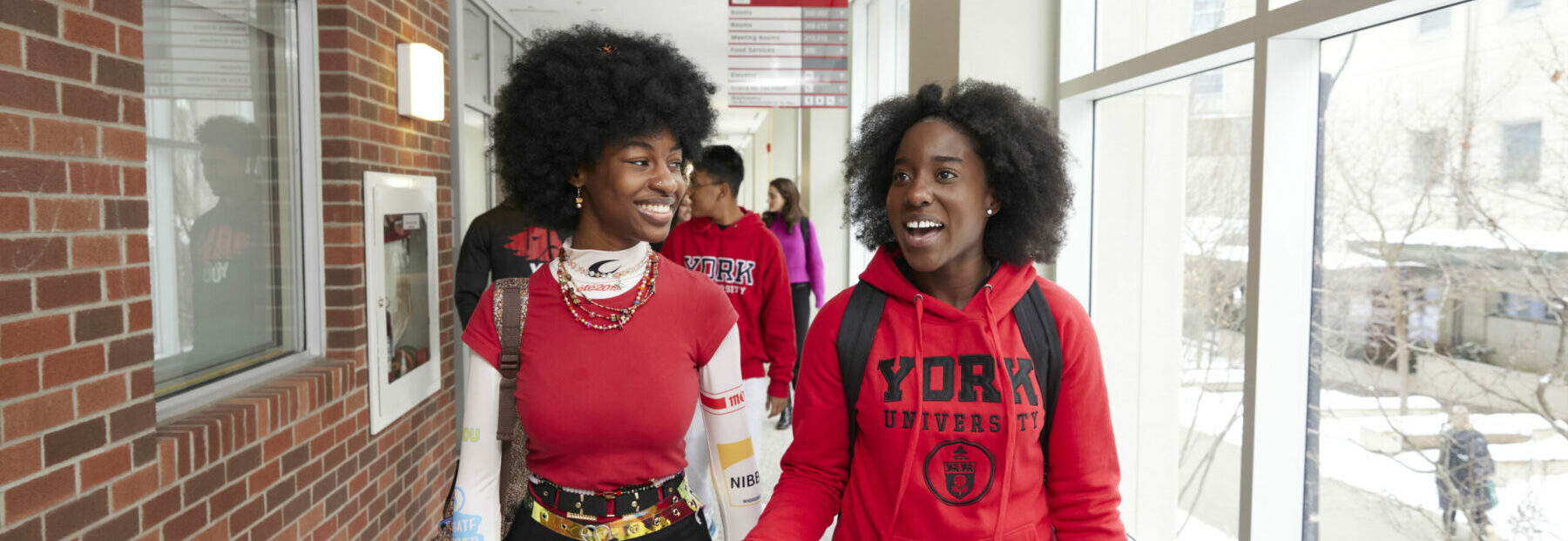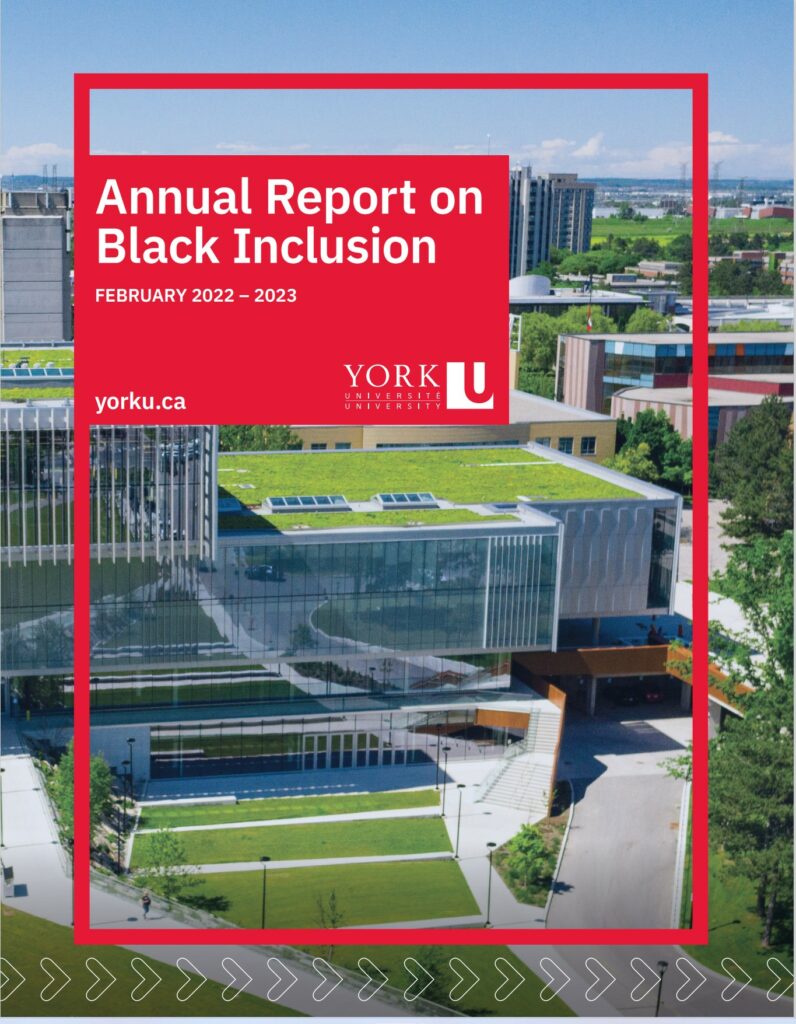A paper written by Emily McCullogh, a postdoctoral visitor in the Faculty of Health, and colleagues from a pan-Canadian research team examines the built environment and active transportation safety of children and youth (CHASE).
The study, “Road safety, health equity, and the build environment: perspectives of transport and injury prevention professionals in five Canadian municipalities,” was recently published in BMC Public Health Journal.
The team consists of researchers from Vancouver, Calgary, Peel Region, Toronto and Montréal, as well as principle investigator Alison Macpherson (York University), and York University alumna Sarah A. Richmond (Public Health Ontario), who were responsible for supervising the work on this paper.
The objective of the CHASE study was to enhance the understanding of barriers and facilitators to built environment change, specifically for vulnerable road users (VRUs) such as pedestrians, cyclists, children, older adults and people with disabilities. Researchers note that currently, the built environment is not designed to support the health and safety of all users, but instead is primarily designed to increase traffic flow and efficiency.
“This work has expanded my knowledge of how the built environment influences the health and wellness of people. Road users are not inherently vulnerable; rather, they are made vulnerable by the design of the built environment,” says McCullogh.
The built environment refers to the “human-made surroundings that provide the setting for all human activity, including those places where people live, work, learn, rest and play,” according to the Canadian Institute of Planners. The design of the built environment, say the researchers, influences people’s health by impacting decisions to take public transit and/or engage in active travel (e.g. walking, cycling, wheeling etc.).
Using qualitative data from professionals working in the fields of injury prevention and road safety, the paper offers insight into barriers and facilitators to equity-focused built environment changes. The team says it is a meaningful step towards removing barriers and ensuring that all community members are served and protected by the built environment as they travel to work or school, or for leisure.
“These findings make an important contribution to York’s commitment to the [United Nations] Sustainable Development Goals (SDGs), as they highlight important challenges to making sustainable transportation safer for all,” says Macpherson.
“Drawing on the experiences of professionals working in, and across, these sectors shows how HE (health equity) concerns and BE (built environment) change are not contained within a single sector,” the study states. “Alternatively, efforts to improve BE conditions and the health and safety of road users exist across sectors, which bolsters the need for cross-sectoral collaboration and collective efforts to ensure that HE concerns are addressed on multiple fronts.”
McCullogh says given the urgent health concerns around road-related injury and death, people’s physical health and environmental sustainability, this work is timely. Further, McCullogh adds, a result of this research is that communities and local populations should be involved in built environment change planning and processes within their neighbourhoods.
“Through this work, we better understand what helps and hinders public health practitioners in their efforts toward safe active transport in their communities; specifically, public health highlighted the importance of supporting equitable community consultation in the BE change process,” says Richmond.
Researchers and policymakers aiming to enhance people’s health by making changes to the built environment and the design of cities can learn more about the learnings from McCullogh and her colleagues’ work, particularly with regards to changing the built environment to support vulnerable and equity-deserving road users.
Click here to access the full article.






